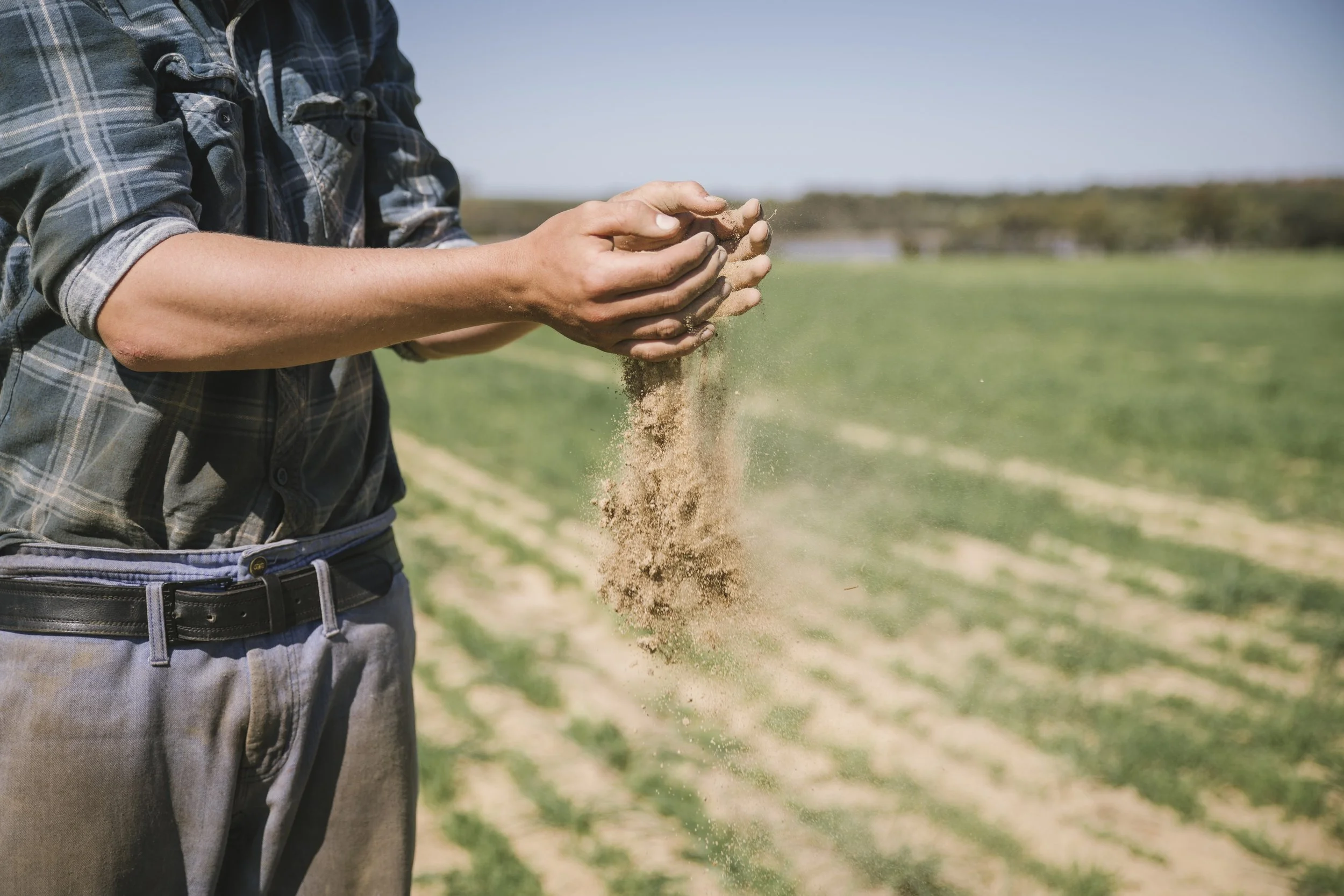Carbon Workshop recap: Empowering farmers for a sustainable future
During August Low Carbon and Restoration Landscapes Project Manager Alex Johnson attended a highly informative carbon workshop in Merredin, hosted by the Merredin and Districts Farm Improvement Group (MADFIG) and funded through the Carbon Farming Outreach Program, in collaboration with the Grower Group Alliance.
The workshop offered an in-depth look at carbon farming and its crucial role in emissions reduction. Over the course of a productive afternoon, attendees learned about farm emissions baselines, the impact of supply chains, associated costs, and practical strategies for managing emissions. The primary focus was on lowering emissions intensity, with a clear emphasis on how doing so could not only help the environment but also boost farm productivity.
The event was one of the best organised in recent months, thanks to the expert facilitation of Carbon Outreach specialists Erin Pope and Tess Lewis. Alex Johnson commented on the success of the day: “Erin and Tess put on a great workshop, and the solid turnout of farmers from the region made this event one of the strongest in recent months. It’s critical that farmers are part of these conversations.”
The importance of farmer involvement in Carbon conversations
As Alex highlighted, it is vital for farmers to become literate in topics like carbon markets and emissions management. Without this knowledge, not only could farm businesses struggle, but the wider community and region could face setbacks.
“If farmers aren’t able to lead these discussions or understand the language surrounding carbon and nature markets, the farm business, the region, and the community will suffer,” Alex said.
The workshop also featured key speakers from various sectors, including Jen West from Carbon West, representatives from Rabobank, and the Department of Primary Industries and Regional Development (DPIRD). Richard Brake from Richard Brake Consulting facilitated the event, ensuring that discussions were both relevant and accessible to the local farming community.
Nature Repair Market and future opportunities
One of the key points discussed during the workshop was the potential of the emerging Nature Repair Market. Alex was part of the final panel session of the day and commented on the evolving landscape of carbon tracking legislation, which has raised many questions for farmers in the Wheatbelt.
“A lot of farmers are wondering how incoming carbon tracking legislation will impact them, and what the opportunities are – both for their farm businesses and for environmental conservation,” Alex explained.
While the details of future legislation are still developing, Alex recommends a “wait and see” approach. “We know some of the carbon requirements that are coming, so it is necessary for farmers to understand the language and be conversant in the discussions. As for the opportunities that will arise in the coming years, we’ll need more methodologies and information before we can have anything concrete.”
The need for ongoing education and support
For farmers to fully benefit from these new markets and regulations, staying informed is crucial. The workshop underscored the importance of being well-versed in the changes that are on the horizon, and having access to ongoing resources to ensure that farmers can make informed decisions.
As we look to the future, more resources and support will be needed to bridge the knowledge gap and ensure that farmers are equipped to adapt and thrive in an evolving landscape of carbon markets and emission reduction strategies.
By staying ahead of the curve, farmers can not only ensure compliance but also unlock new opportunities for sustainability and productivity, benefiting both their businesses and the environment.
Subscribe to our e-newsletter and keep up to date on current events, partnership opportunities, and NRM in the Wheatbelt.
Published eNews #406, September 2025


